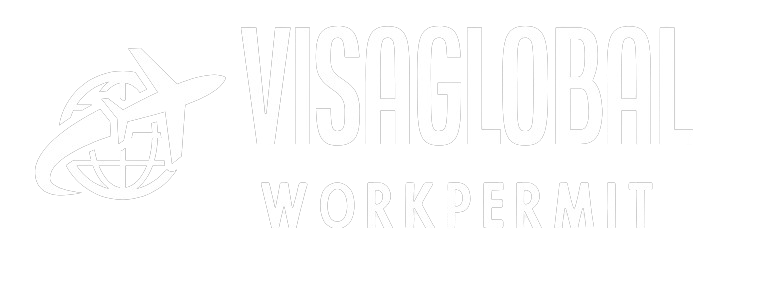
Study, Work, Live in United States
The U.S. is one of the best locations to study and work abroad at the same time. Aside from the high quality of education in the country, there is no shortage of opportunities in its diverse and multicultural environment.
The latest data in 2013 show 275,000 J-1 visa participants coming to the US from more than 200 countries and territories, including the Philippines. In 2020 and 202023, more than a million international students flocked to the US, with most of them studying engineering, business and management, math and computer science, social sciences, and physical and life sciences.
Students who plan to work and study in the US under the F-1 student visa (academic courses) are allowed to work on-campus; after a year, they may work off-campus in curricular practical training (CPT), optional practical training (OPT), or science, technology, engineering and mathematics (STEM) optional practical training extension. Whatever course you choose, an American education is an asset anywhere.
USA VISA TYPES
To study, work, and live in the U.S. permanently, there are several pathways you can consider. Here are some common ways to achieve this goal:
Study in the U.S.: One common way to begin the process of living in the U.S. permanently is to study at a U.S. educational institution. You can apply for a student visa (F-1 visa for academic studies or M-1 visa for vocational studies). After completing your studies, you may be eligible for Optional Practical Training (OPT) or Curricular Practical Training (CPT), which can allow you to work in the U.S. temporarily after graduation.
Work in the U.S.: You can also pursue employment opportunities in the U.S. There are several types of work visas available, such as the H-1B visa for specialty occupations, the L-1 visa for intracompany transfers, or the O-1 visa for individuals with extraordinary ability. Some employment-based visas can lead to permanent residency (green card) sponsorship by your employer.
Green Card through Family: If you have a close family member who is a U.S. citizen or a lawful permanent resident, they may be able to sponsor you for a green card. Immediate relatives of U.S. citizens (spouses, parents, and unmarried children under 21) have special immigration priority and do not have to wait for a visa number to become available.
Green Card through Employment: If you have a valid job offer from a U.S. employer, you may be eligible for an employment-based green card. This process typically involves several steps and may require your employer to go through a labor certification process to demonstrate that there are no qualified U.S. workers available for the position.
Investor Visa (EB-5): If you are able to invest a substantial amount of money in a new commercial enterprise in the U.S. that creates or preserves at least 10 full-time jobs for qualifying U.S. workers, you may be eligible for an EB-5 immigrant investor visa.
Diversity Visa Lottery: Each year, the U.S. government conducts a Diversity Visa (DV) lottery, which provides a limited number of green cards to individuals from countries with historically low rates of immigration to the U.S. Winners of the DV lottery can apply for a green card.
Asylum or Refugee Status: If you have a well-founded fear of persecution in your home country based on race, religion, nationality, political opinion, or membership in a particular social group, you may be eligible for asylum or refugee status in the U.S., which can lead to permanent residency.
You’re always welcome to discuss your specific visa situation and determine the best pathway for you to study, work, and live in the U.S. permanently. Immigration laws and policies are complex and subject to change, so it’s essential to stay informed and seek professional guidance.
Why Study In United States?
The U.S. is one of the best locations to study and work abroad at the same time. Aside from the high quality of education in the country, there is no shortage of opportunities in its diverse and multicultural environment.



